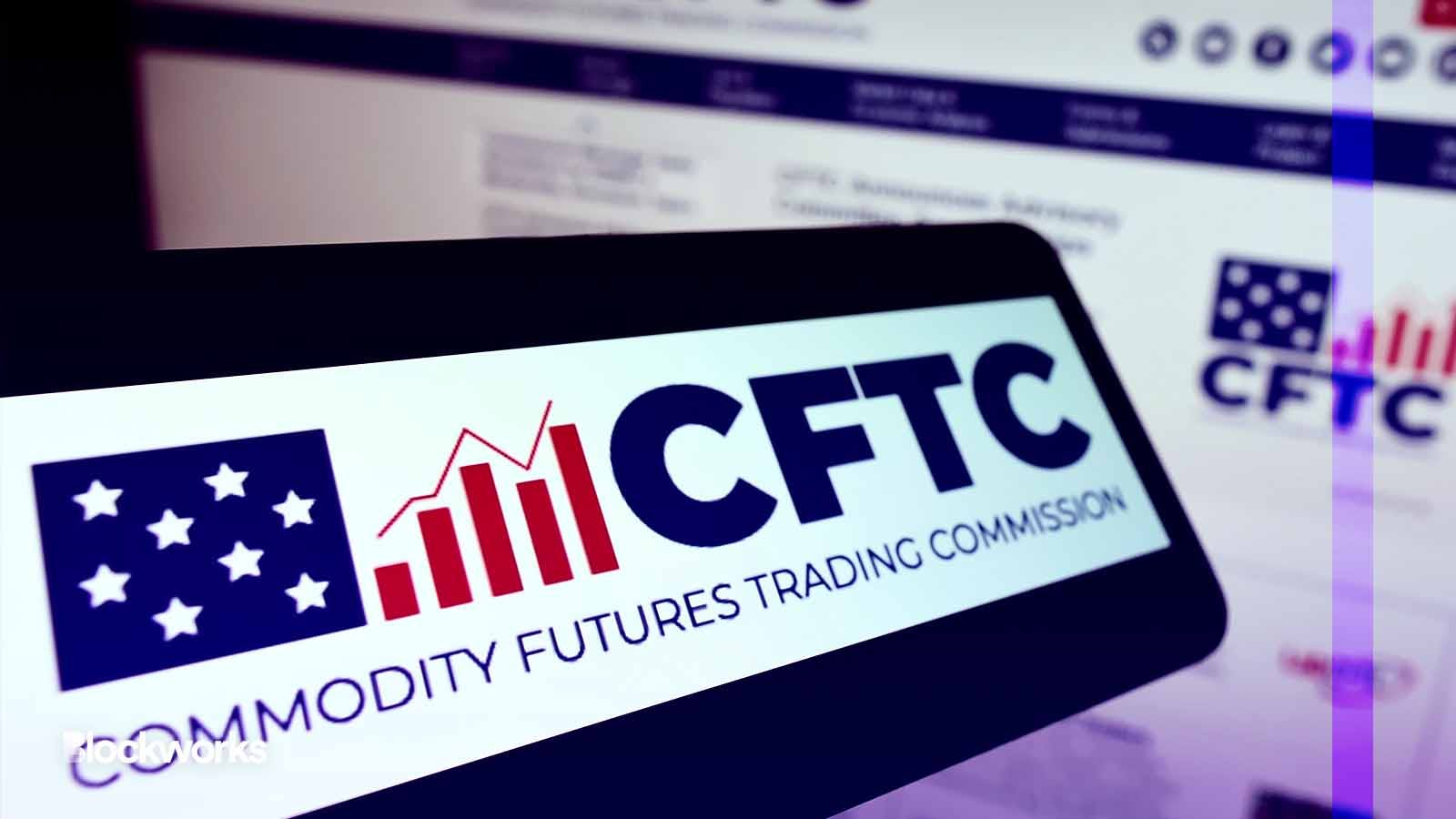CFTC commissioner, industry question legality of DeFi orders
The CFTC can’t charge a protocol just because third parties used it to break the law, one commissioner says

T. Schneider/Shutterstock modified by Blockworks
After the Commodity Futures Trading Commission targeted three DeFi firms, other decentralized exchanges are on high alert and questioning how much power the agency truly has.
The CFTC released orders on Thursday stating that Opyn, ZeroEx and Deridex were allegedly operating unregistered trading platforms and offering illegal leveraged transactions in digital assets.
In the orders against ZeroEx, the CFTC alleged the DEX’s aggregator, Matcha, facilitated trading of third-party tokens that offered 2:1 leverage on assets like ether (ETH) and bitcoin (BTC). This is in violation of federal regulations requiring such platforms to be registered with the agency.
Legal experts, and some within the CFTC, were quick to question the order against ZeroEx, pointing out that the platform facilitated spot trading, a section of the market the CFTC currently does not have the power to regulate.
Read more: DeFi projects charged by CFTC over crypto derivatives
“Even though the leveraged tokens were issued by third parties, CFTC alleges that by deploying the 0x Protocol and operating a front-end (Matcha), 0x ‘facilitated’ and ‘provide[d] a purchaser with the ability to source financing or leverage from other users or third parties,’” Rodrigo Seira, special counsel at Paradigm said on X, formerly Twitter, Friday.
In a dissenting opinion published Thursday, CFTC Commissioner Summer Mersigner also noted that one of the matters is “not like the others,” presumably referring to ZeroEx.
“The Respondent’s technology enabled users to execute spot trades in thousands of different digital asset trading pairs; the CFTC does not have regulatory jurisdiction over such spot trading, which is lawful activity under the [Commodity Exchange Act],” Mersigner wrote.
It is not just to charge protocols for being used by other actors in unrelated transactions, the commissioner added.
“The Commission nonetheless holds this Respondent liable because its protocol also was used to trade some leveraged digital assets issued by unaffiliated third parties, which could be created by utilizing a set of smart contracts designed and deployed by third parties that automatically executes a series of actions on other third-party DeFi lending platforms and decentralized exchanges to generate leverage,” Mersigner added.
The charges come as many Congressional leaders push to increase the CFTC’s role in crypto regulation. The Financial Innovation and Technology for the 21st Century Act — scheduled for a floor vote this session – establishes joint rulemaking powers between the US Security and Exchange Commission and CFTC. Notably, the bill grants the latter control over digital commodities markets, including exchanges and broker-dealers.
“Perhaps we should lay to rest the idea that the CFTC is ‘a better regulator’ for crypto than the SEC,” Jake Chervinsky, chief policy officer at the Blockchain Association, said Thursday. “Today, the CFTC violated the court’s opinion in the Uniswap class action—and its own principles—in an attack on DeFi.”
CFTC Chair Rostin Behnam pleaded with Representatives in June during a hearing on crypto spot market regulation, asking Congress to allow the agency to oversee commodity spot trading markets, especially given that so few crypto tokens have actually been classified as securities.
“They can say whatever they want in a settlement agreement, or in speeches, or in guidance, or in notices of proposed rulemaking,” Chervinsky added. “None of it counts unless a court says it does.”
Get the news in your inbox. Explore Blockworks newsletters:
- The Breakdown: Decoding crypto and the markets. Daily.
- 0xResearch: Alpha in your inbox. Think like an analyst.






